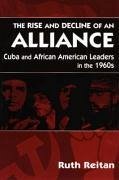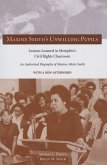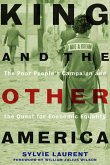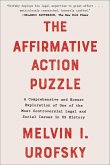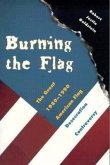In the 1960s a critical fracture occurred in the American Civil Rights movement creating, in the process, a new group of black nationalists.The burgeoning militant wing of the movement believed it had found a natural ally in Fidel Castro's Cuban revolutionary regime and forged a close relationship with its leaders. Revolutionary Cuba offered solidarity and support to civil rights leaders and urban militants alike, publicized throughout the world the plight of oppressed African Americans, exemplified a successful eradication of imperialist control, and fought against colonialism in Africa. Most important. Castro claimed his government had purged racism from Cuban society. Ruth Reitan has meticulously researched this rich and largely unexplored relationship between the Castro regime and the U.S. black leadership in the 1960s. New insights, interviews, and alternative sources are intertwined with accounts that have been culled from the activists' writings and speeches generated over the past three decades. These sources are also weighed against current scholarship, original documents, and newspaper accounts, and are placed in historical context.
Bitte wählen Sie Ihr Anliegen aus.
Rechnungen
Retourenschein anfordern
Bestellstatus
Storno

